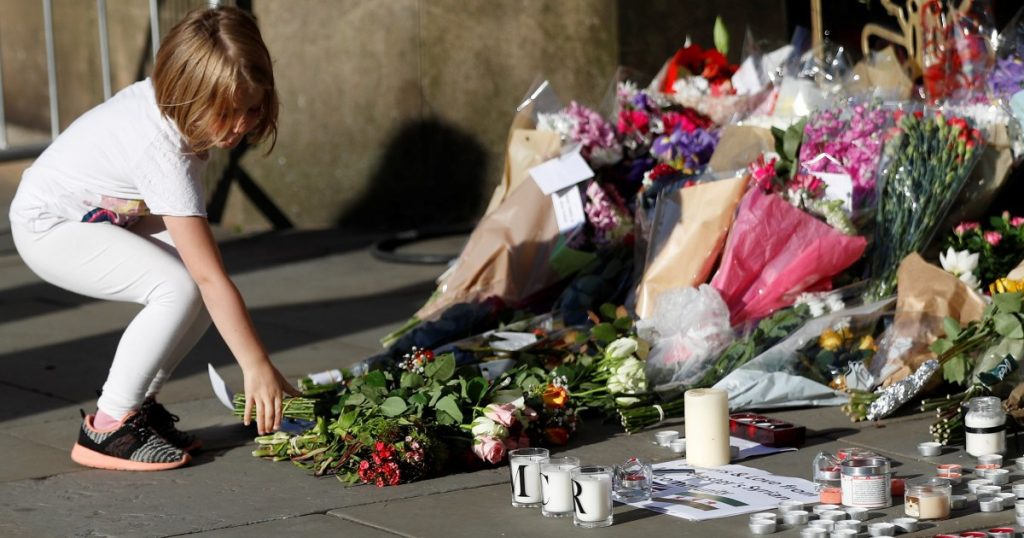More than 250 survivors of the 2017 suicide bombing at an Ariana Grande concert in Manchester are taking legal action against Britain’s domestic intelligence agency, MI5. The survivors have submitted a group claim to the U.K.’s investigatory powers tribunal through three law firms. The lawyers have not provided further details due to the ongoing legal nature of the case. The bombing, carried out by Salman Abedi, claimed the lives of 22 people and left over 100 injured, many of whom were children and teenagers.
Abedi had set up a knapsack bomb at the Manchester Arena at the end of Grande’s concert on May 22, 2017, as fans were leaving the venue. The attack was the deadliest extremist attack in recent years in the U.K. An official inquiry conducted last year revealed that MI5 had failed to act swiftly on key information, missing a significant opportunity to prevent the bombing. Abedi had been flagged as a “subject of interest” in 2014 by MI5 officials, but his case was closed shortly after as he was considered low-risk.
The survivors’ legal action against MI5 highlights the potential failures in counterterrorism efforts leading up to the Manchester bombing. The fact that Abedi was known to intelligence officials and still able to carry out a deadly attack has raised concerns about the effectiveness of security measures. The claim made by the survivors may shed light on the accountability of security agencies in preventing such attacks and ensuring public safety in the future.
The legal action taken by the survivors is seeking accountability and compensation for the traumatic events they experienced as a result of the bombing. The lasting impact on the survivors, many of whom were young fans of Ariana Grande, cannot be understated. The emotional and physical toll of the attack continues to affect their lives, and seeking justice through legal avenues is an important step in their healing process.
The legal proceedings against MI5 may prompt a reevaluation of the agency’s protocols and decision-making processes in handling potential threats. The findings of the official inquiry already indicated shortcomings in MI5’s handling of Abedi as a potential threat, and the survivors’ claim adds further pressure for accountability. The outcome of the legal action could potentially lead to changes in how intelligence agencies approach and assess individuals who pose potential risks to national security.
Overall, the survivors’ legal action against MI5 underscores the need for transparency, accountability, and improved security measures in preventing future attacks. The tragic events of the Manchester bombing have left a lasting impact on the survivors, and seeking justice through legal means is an important step in their recovery process. The outcome of the legal proceedings may have broader implications for counterterrorism efforts and the role of intelligence agencies in protecting public safety.


